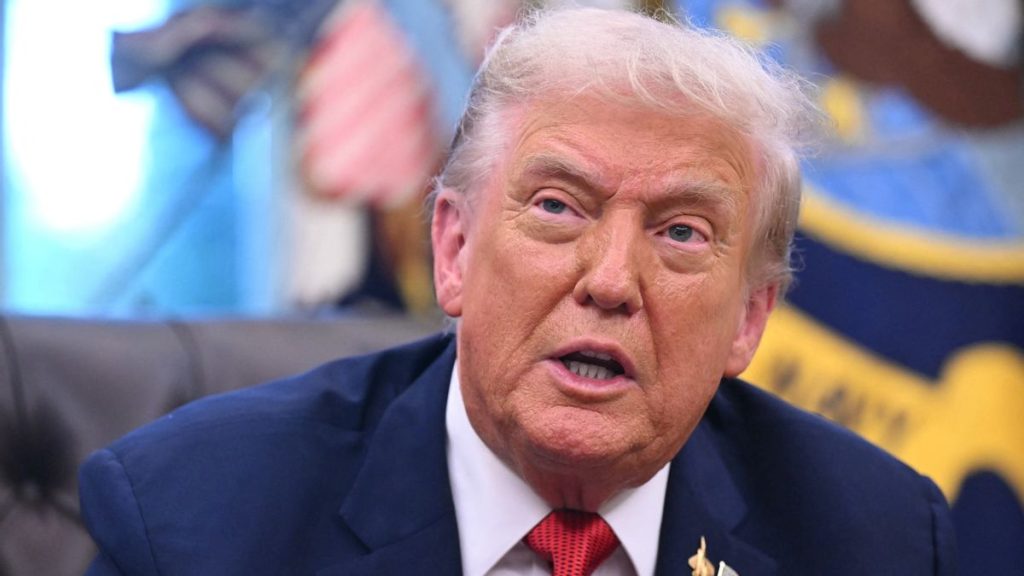Listen to the article
Congressional legislation and governance remain under close scrutiny as debates continue over compensation, benefits, and trading activities of elected officials, according to multiple legislative and regulatory sources.
Recent analysis of congressional stock trading has revealed significant activity among lawmakers. A comprehensive study published in the International Review of Economics & Finance examined over 100,000 congressional stock trades, shedding light on trading behaviors that have raised ethical concerns among government watchdogs and the public alike.
The Stop Trading on Congressional Knowledge (STOCK) Act of 2012 was implemented to address potential conflicts of interest and prevent insider trading among members of Congress. However, campaign finance experts have characterized the law as largely ineffective. The Campaign Legal Center describes it as “a failed effort to stop insider trading in Congress,” pointing to ongoing concerns about lawmakers’ ability to benefit from information obtained through their official duties.
Congressional compensation has long been a topic of public interest and occasional controversy. The Ethics Reform Act of 1989, introduced by Representative Thomas Foley, established major reforms to congressional pay structures. Current salary information for members of Congress is publicly available through official government sources, with lawmakers receiving significantly higher compensation than the average American worker.
Retirement benefits for congressional representatives differ from those of typical federal employees. According to a July 2023 report by the Congressional Research Service, members of Congress participate in specialized retirement programs that have evolved over time. These benefits have sometimes been mischaracterized in viral social media posts, according to fact-checking organizations.
Health benefits for congressional members and their staff underwent significant changes in 2014. As documented by the Congressional Research Service, members and designated congressional staff must now obtain their health insurance through the DC Health Link, the District of Columbia’s health insurance exchange established under the Affordable Care Act.
The Twenty-Seventh Amendment to the Constitution, which addresses congressional compensation, provides that “No law varying the compensation for the services of the Senators and Representatives shall take effect, until an election of Representatives shall have intervened.” This amendment prevents lawmakers from giving themselves immediate pay raises, requiring that any salary increases take effect only after the next election.
Social media platforms continue to circulate various claims about congressional reform measures, including references to a purported “Congressional Reform Act of 2025.” These posts often contain elements of what internet researchers call “copypasta” — blocks of text that are copied and pasted across social media with minor variations. Fact-checking organizations including Snopes have previously debunked similar claims about supposed congressional reform acts from earlier years.
Legislation regarding congressional ethics, compensation, and benefits must follow established procedures through formal introduction in either the House or Senate, committee consideration, floor votes in both chambers, and presidential signature. Proposals circulating on social media often bypass these realities of the legislative process.
Federal tax law, including provisions in the U.S. Code that establish tax rates for Social Security and Medicare, applies to members of Congress as it does to other American workers. Claims that lawmakers are exempt from certain taxes have been repeatedly refuted by official sources.
As public attention on congressional privileges and responsibilities continues, accurate information about existing laws, proposed reforms, and the actual benefits received by elected officials remains crucial for informed civic discourse.
Fact Checker
Verify the accuracy of this article using The Disinformation Commission analysis and real-time sources.




5 Comments
The article raises important questions about transparency and accountability in government. While some level of congressional trading is likely unavoidable, the public deserves assurance that conflicts of interest are being properly managed. Curious to see if any new reform proposals emerge from this ongoing debate.
Interesting to see the ongoing scrutiny around congressional trading activity and compensation. While the STOCK Act aimed to curb conflicts of interest, it seems there are still concerns about the effectiveness of the legislation. I’m curious to learn more about the findings from that recent comprehensive study on trading behaviors.
This is a timely and important topic. Congressional trading activity is a complex issue with valid arguments on both sides. Ultimately, the public interest should be the top priority, and any new reforms need to strike the right balance between ethical oversight and practical realities.
This is a complex issue with valid concerns on both sides. On one hand, we want our elected officials to be held to high ethical standards. But excessive restrictions could also limit their ability to manage their own financial affairs. Striking the right balance is crucial.
It’s good to see this issue getting attention. Insider trading and conflicts of interest in Congress are serious concerns that undermine public trust. Hopefully the findings from this research will help inform future policy discussions on how to strengthen oversight and ethical standards for elected officials.